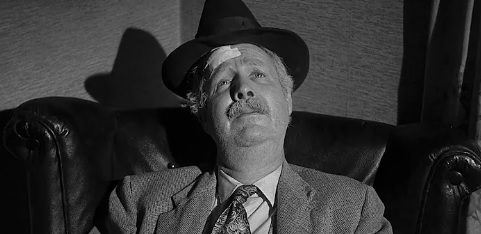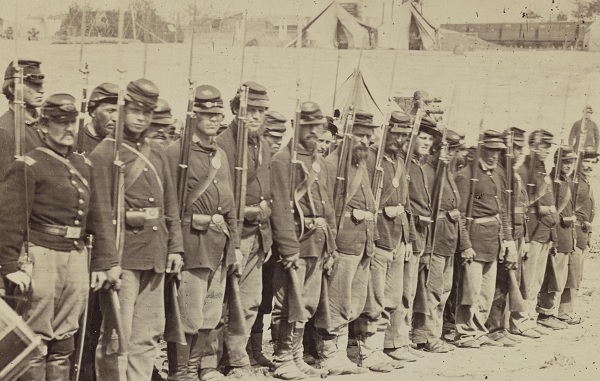we, we shall be as
a city upon a hill
all eyes are on us
We shall be as a city upon a hill, the eyes of all people are upon us.
According to Wikipedia, this phrase was cited at the end of Puritan John Winthrop’s lecture or treatise, “A Model of Christian Charity” delivered on March 21, 1630, at Holyrood Church in Southampton, before his first group of Massachusetts Bay colonists embarked on the ship Arbella to settle Boston.
In quoting Matthew’s Gospel (5:14) in which Jesus warns, “a city on a hill cannot be hid,” Winthrop warned his fellow Puritans that their new community would be “as a city upon a hill, the eyes of all people are upon us”, meaning, if the Puritans failed to uphold their covenant with God, then their sins and errors would be exposed for all the world to see: “So that if we shall deal falsely with our God in this work we have undertaken and so cause him to withdraw his present help from us, we shall be made a story and a byword through the world.”
We shall be as a city upon a hill, the eyes of all people are upon us.
The eyes of all people are upon us.
Still trying to get there.
That was first said in relation to this country or the beginnings of this country in 1630.
In 1961, JFL said, “History will not judge our endeavors—and a government cannot be selected—merely on the basis of color or creed or even party affiliation. Neither will competence and loyalty and stature, while essential to the utmost, suffice in times such as these. For of those to whom much is given, much is required ...”
Ronald Reagan said in 1980″… visitors to that city on the Potomac do not come as white or black, red or yellow; they are not Jews or Christians; conservatives or liberals; or Democrats or Republicans. They are Americans awed by what has gone before, proud of what for them is still… a shining city on a hill.”
Still a hard road with lots of mistakes.
In 2006, Barack Obama said, “I look out at a sea of faces that are African-American and Hispanic-American and Asian-American and Arab-American. I see students that have come here from over 100 different countries, believing like those first settlers that they too could find a home in this City on a Hill—that they too could find success in this unlikeliest of places.”
We shall be as a city upon a hill, the eyes of all people are upon us.
… Shall Be.
Not will …
Shall.
Still got a chance.




